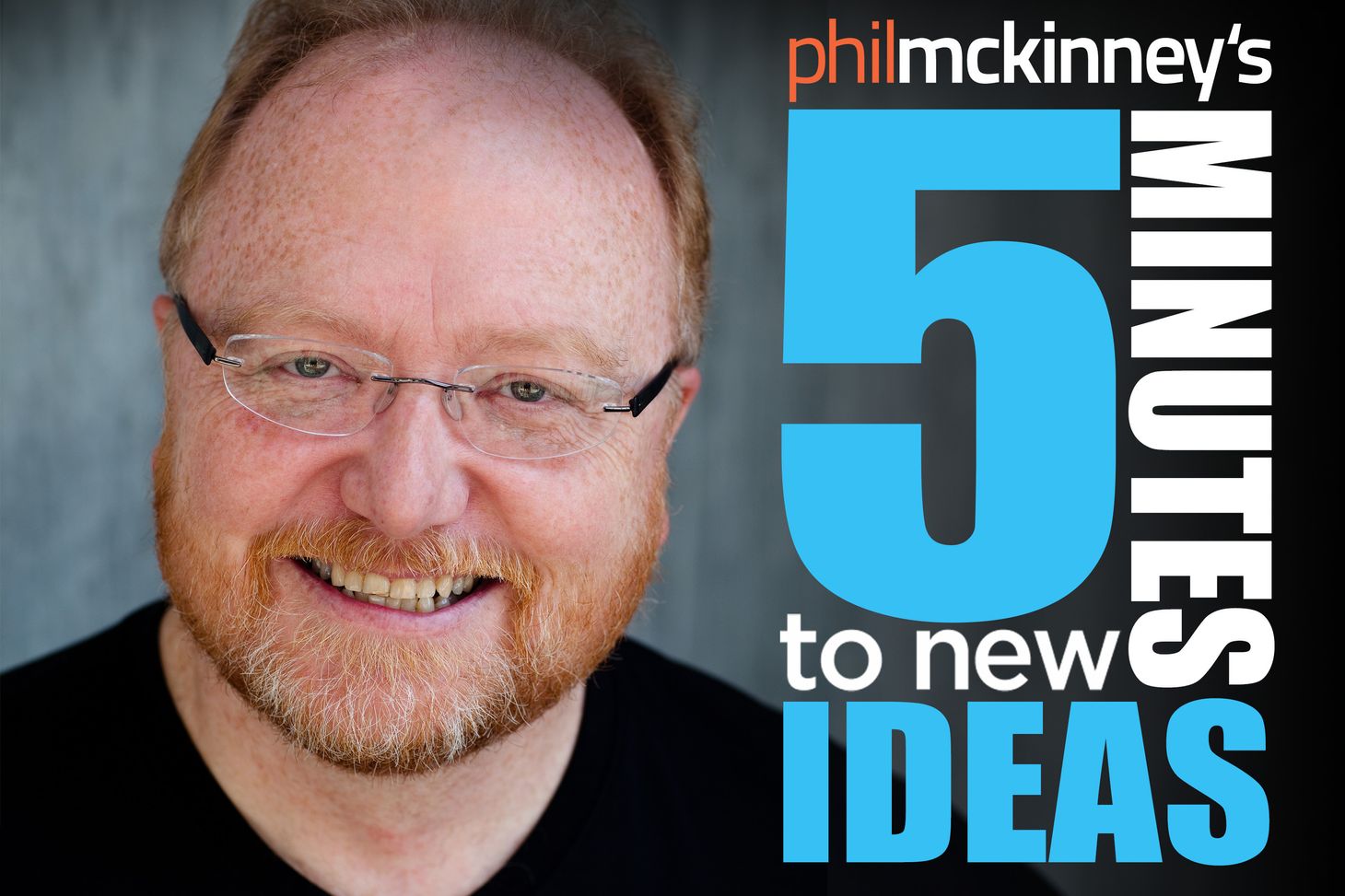What are the criteria to select research and development projects

What are your criteria for deciding that an idea is worth pursuing? We all have our own set of selection criteria, the first of which is usually looking for profits. However, selecting a course of action based solely on ROI can be limiting.
If you are doing something really innovative, how on earth can you determine what the margins will be at an early stage of the product?
The problem is, if you filter out new ideas based solely on whether they meet your financial projections, then you’re going to miss some great—perhaps groundbreaking—concepts.
As mentioned in chapter 5, when you get to the ranking phase of FIRE, ROI shouldn’t be your first filter in deciding whether an idea is worth pursuing.
When HP first got into printers it seemed like a tiny and not particularly interesting category. Now it’s one of our highest profit-producing businesses at HP.
If we’d said, Nah, not doing it; it’s too small to be worth it, we would have made a catastrophic mistake.
The printer division isn’t the first example of where HP has made a tough call.
Back in 1968, Bill Hewlett wanted to get HP into calculators.
I know from personal experience that projected ROI can be misleading.
Be aware of your bias toward flashy and exciting numbers, and remember that figures on a page are easily malleable.
Don’t turn down an opportunity because you think the market is too small.
When a someone comes in with a $200 million idea, and it piques my interest, ask him,
How do you make this idea big enough to make me care?
What do you need—more money, more resources?
Are you being conservative in your estimates?
How do you take this smaller idea, and make it ten times better and ten times bigger?
So -- think long and hard on how you would answer the question:
What are the criteria to select research and development projects?
To dig deeper -- ask yourself ..
- What is the one key criterion that you must meet for a project to get approved?
- What would happen if you ignored this criterion in the evaluation process?
- What are the criteria used by others either inside your industry or outside of your industry? Based on this, what would you change in your criteria?
Don’t get caught in the trap of thinking that your criteria protects your from risks.
Risk is still there. You criteria may cause you to miss that next great opportunity.
Phil McKinney Newsletter
Join the newsletter to receive the latest updates in your inbox.




